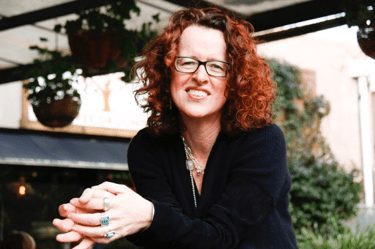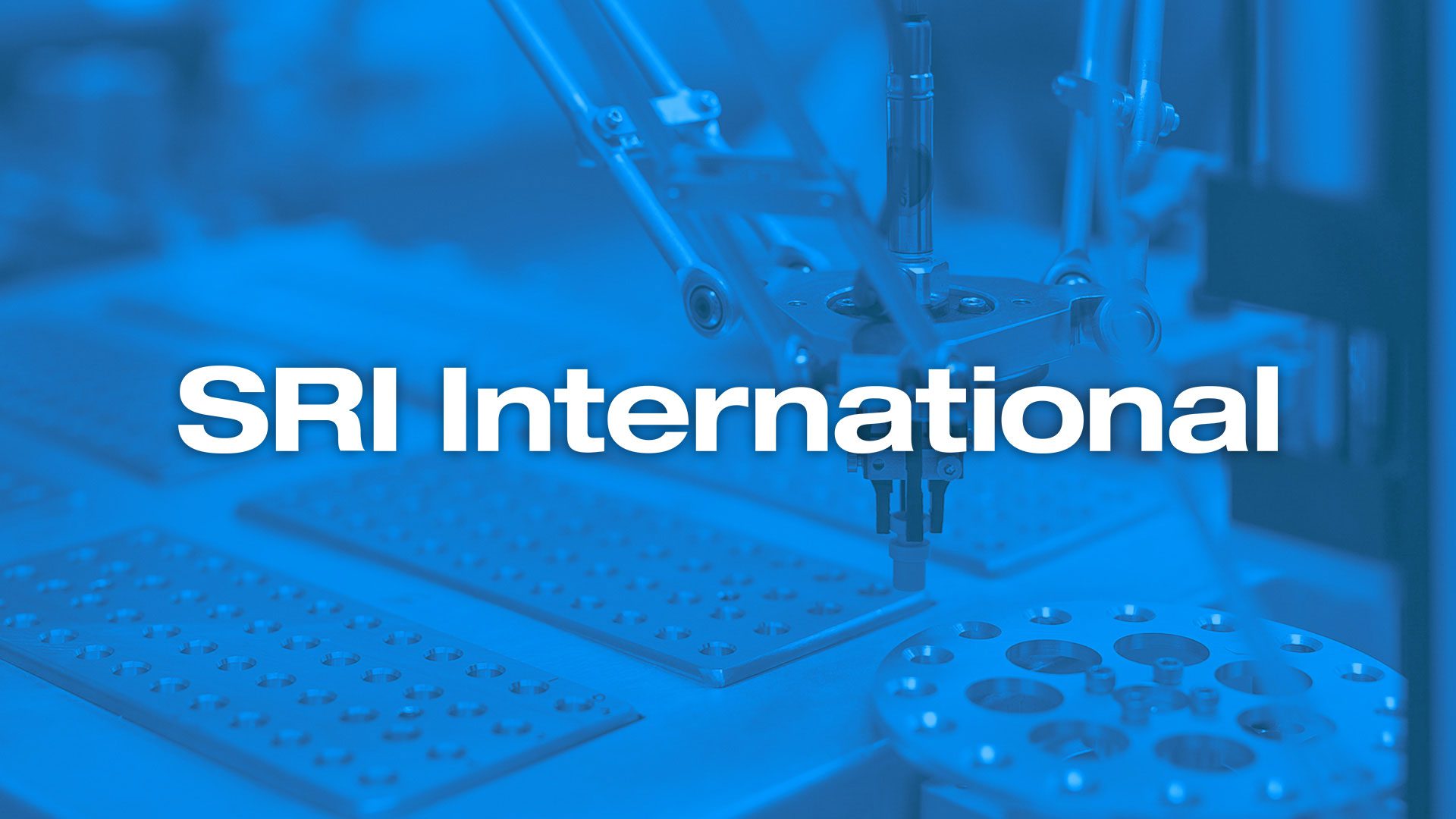MENLO PARK, CA. JANUARY 22, 2020 – The Australian National University’s Distinguished Professor Genevieve Bell has been named the world’s first inaugural Engelbart Distinguished Fellow by SRI International for her trailblazing work on technology, artificial intelligence and culture. The two-year fellowship by SRI International recognizes “visionaries who are disrupting the traditional way we interact with and view technology” from around the globe.

“Doug Engelbart is one of the founders of modern personal computing and had a profound impact on all our lives,” said Professor Bell. “Doug invented the tools that helped drive one of the greatest, if not the greatest, technological revolutions the world has ever seen. It is a privilege to win this fellowship. But working in this area also brings important responsibilities – and ones I don’t take lightly and which this fellowship will help meet. Our world is becoming ever more intertwined and driven by the power of AI. It is permeating everything; not just computers, but cars, buildings, services and streetlights. So it is vital that we develop the skills and knowledge for this world. So it is vital that we develop the skills and knowledge for this world. But it’s not just about building new technology. We have to think carefully about its impact. We shouldn’t just ask can we do it; we need to ask should we do it and how can we do it in a way that benefits everyone.”
Distinguished Professor Bell is Director of the 3A Institute (3Ai) at ANU, which under her leadership is helping better prepare society to live in a world driven and defined by artificial intelligence. A primary focus of 3Ai is to build a new branch of engineering to ensure the responsible and safe use of AI.
The Engelbart fellowship is named after one of the pioneers of modern computing and long-time SRI researcher Doug Engelbart who delivered “the mother of all demos” in 1968. Engelbart orchestrated the first demonstration of a complete computer hardware and software system called the NLS, which unveiled many of the fundamental elements of modern personal computing such as windows, hypertext, graphics, command input, video conferencing, the computer mouse, word processing, dynamic file linking, revision control, and a collaborative real-time editor in a single system. He is credited with inventing the mouse and the concept of hyperlinking.
As part of the fellowship Professor Bell will work with SRI researchers to stimulate new ideas, programs and visions.
SRI International Chief Executive Officer William Jeffrey said the fellowship recognized “disruptive thought leaders” working at the cutting-edge of technology around the globe.
“I can’t think of a better candidate for the inaugural fellowship than Professor Bell. Throughout her career, she has made outstanding contributions to technology and our understanding of it,” said Jeffrey. “At ANU she is building a new branch of engineering that will ensure we can effectively and ethically manage the impact of AI on humanity. Before this, Professor Bell spent many years and much of her career in Silicon Valley – both as a Chief Futurist and the first female Senior Fellow at Intel, and as a researcher at Stanford. Everyone here at SRI is excited to work with Professor Bell to support and help drive her vision for the future of engineering and AI.”
Based in the United States, SRI International is the birthplace of some of Silicon Valley’s most important innovations and has had a major influence on modern life, including inventing the first computer mouse and establishing the world’s first Internet connection. Engelbart founded SRI International’s Augmentation Research Center (ARC) in the 1960s and envisioned harnessing the power of computers as tools to work on humanity’s most important problems. SRI International is thrilled to be able to carry on the legend of Engelbart and to recognize other cutting-edge technology leaders. Engelbart died in 2013 at the age of 88.
SRI International
SRI International creates world-changing solutions making people safer, healthier and more productive. SRI, a research center headquartered in Menlo Park, California, works primarily in advanced technology and systems, biosciences, computing and education. SRI brings its innovations to the marketplace through technology licensing, spin-off ventures and new product solutions.



